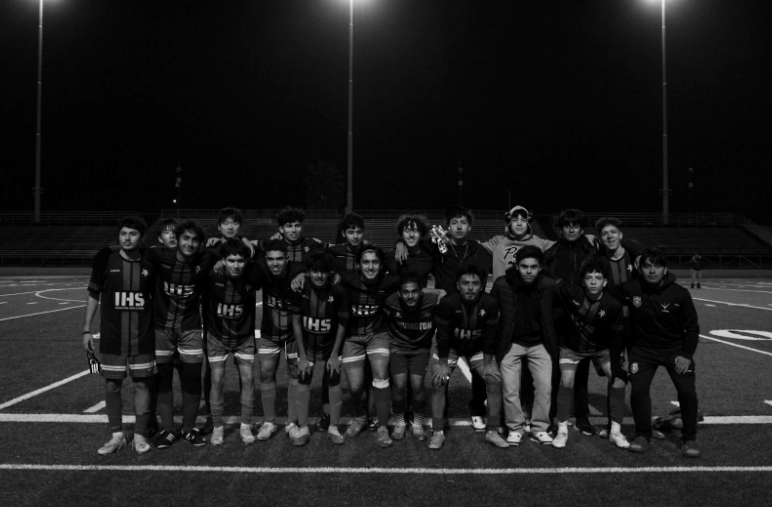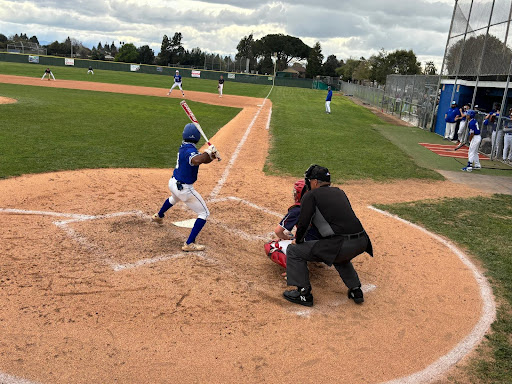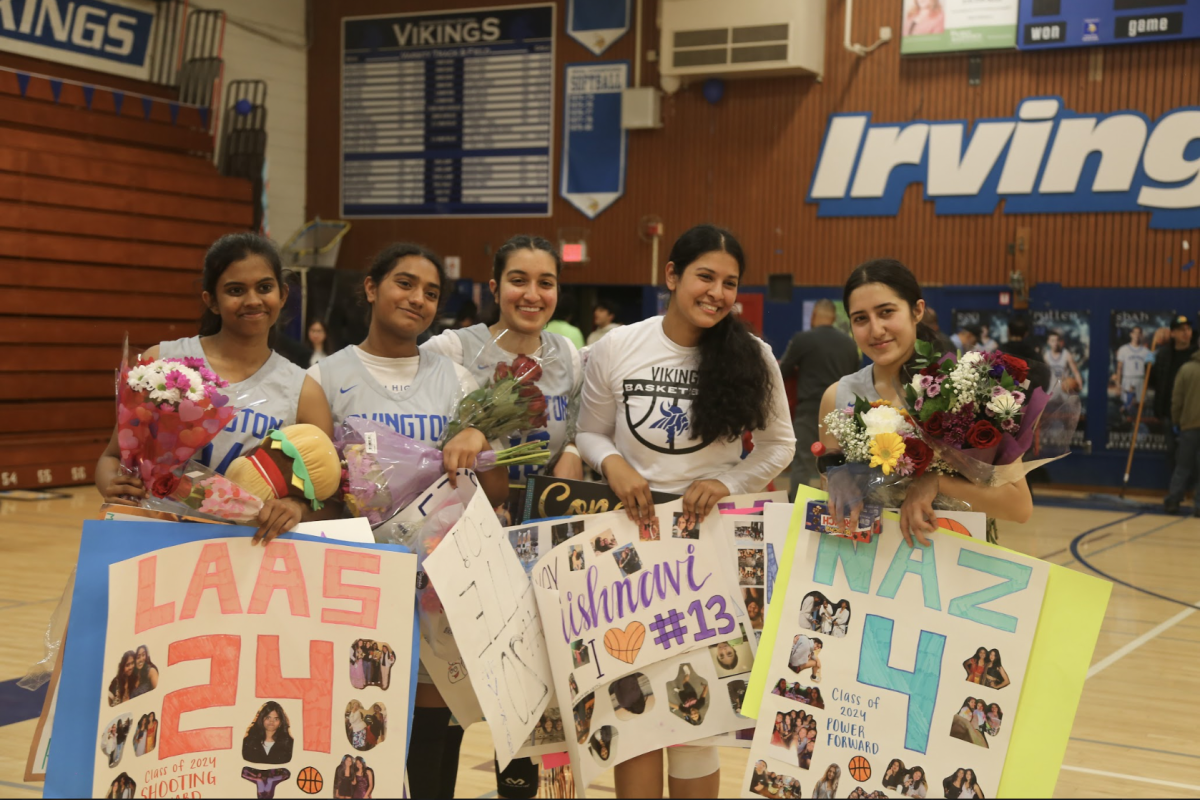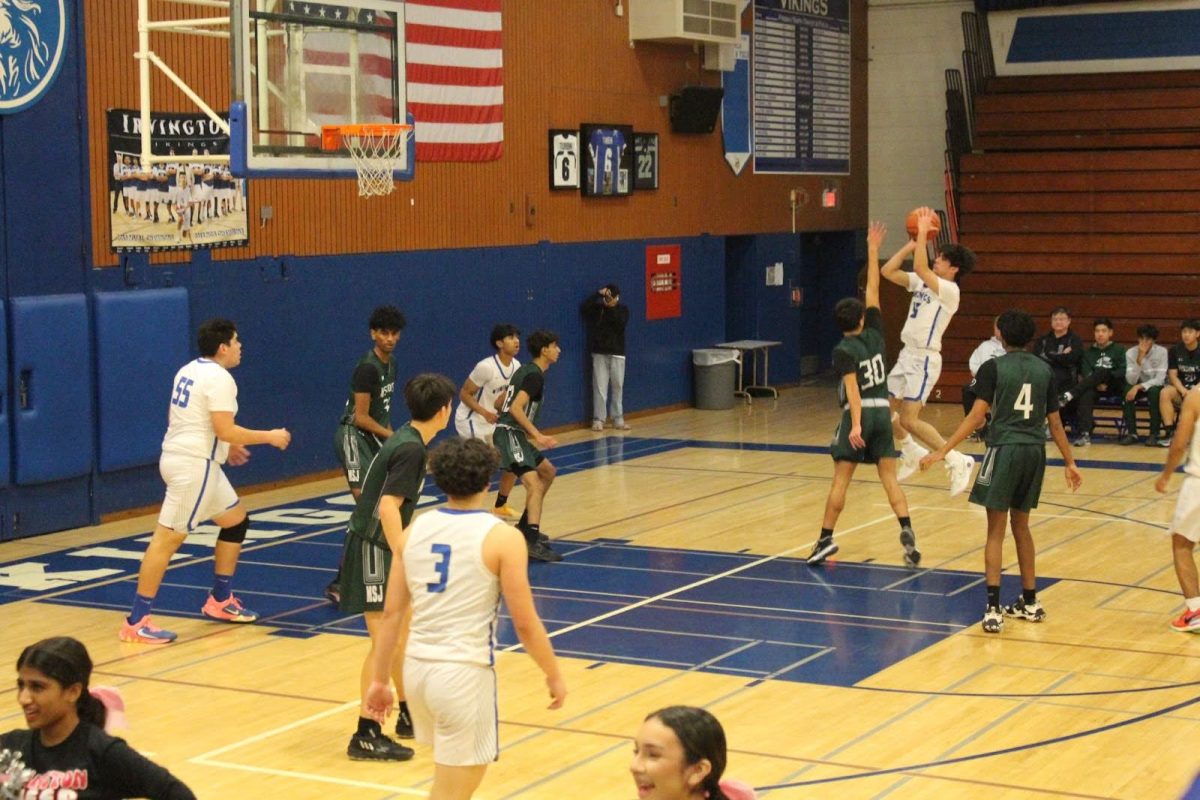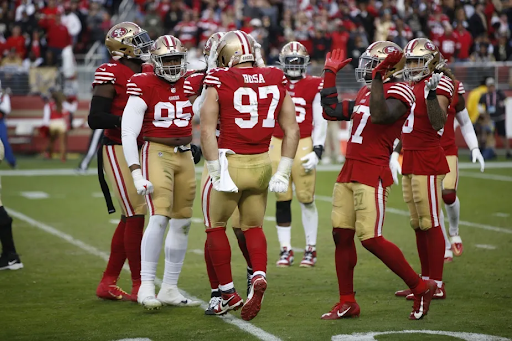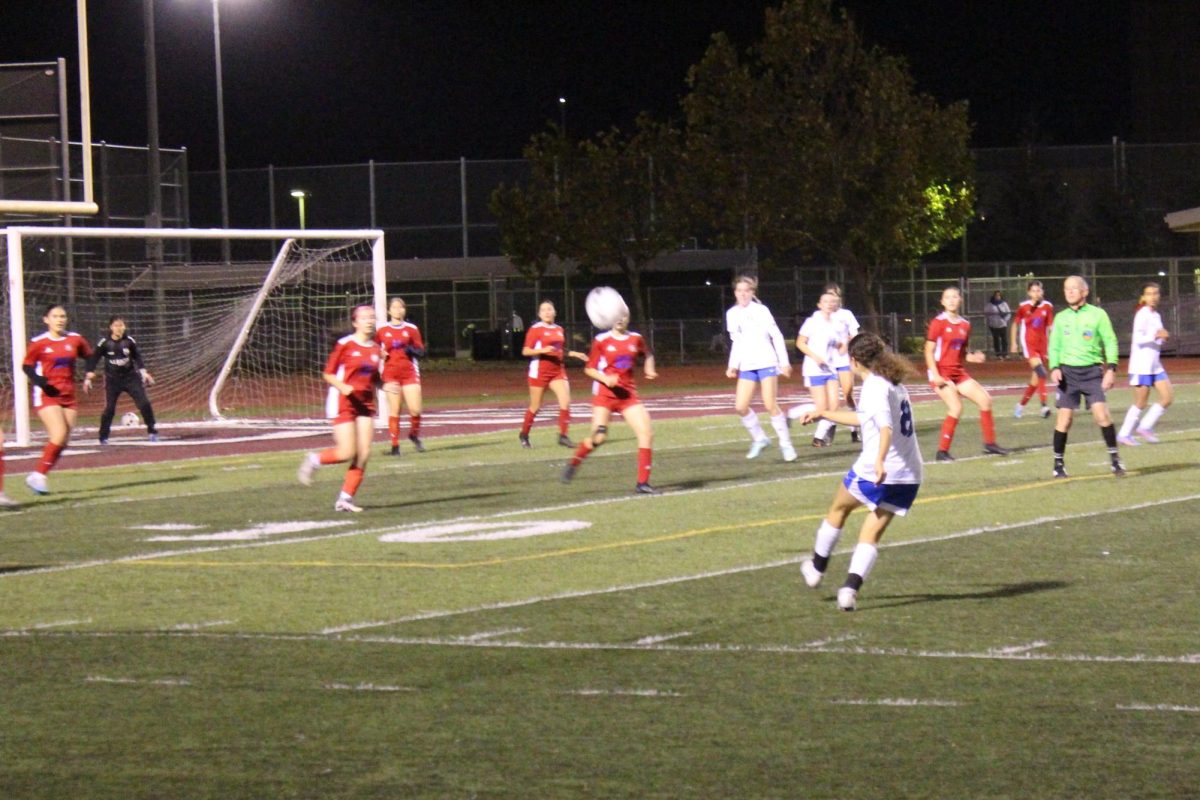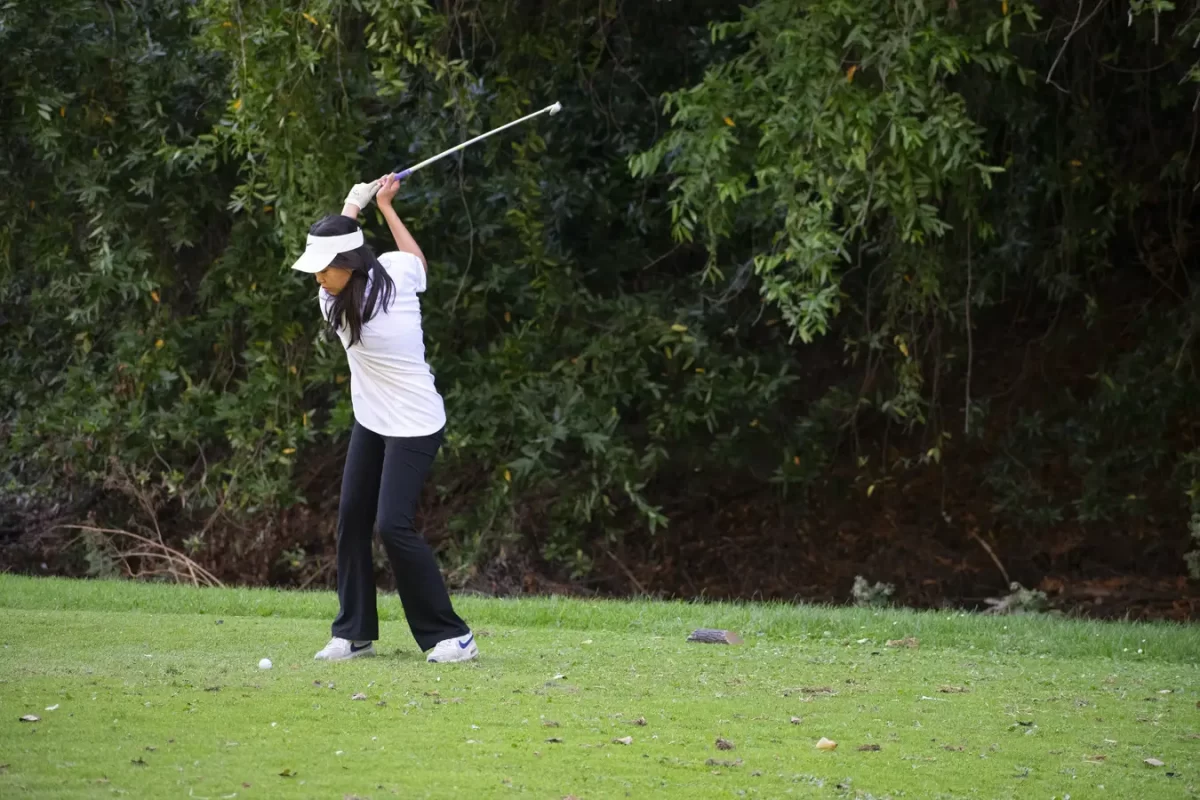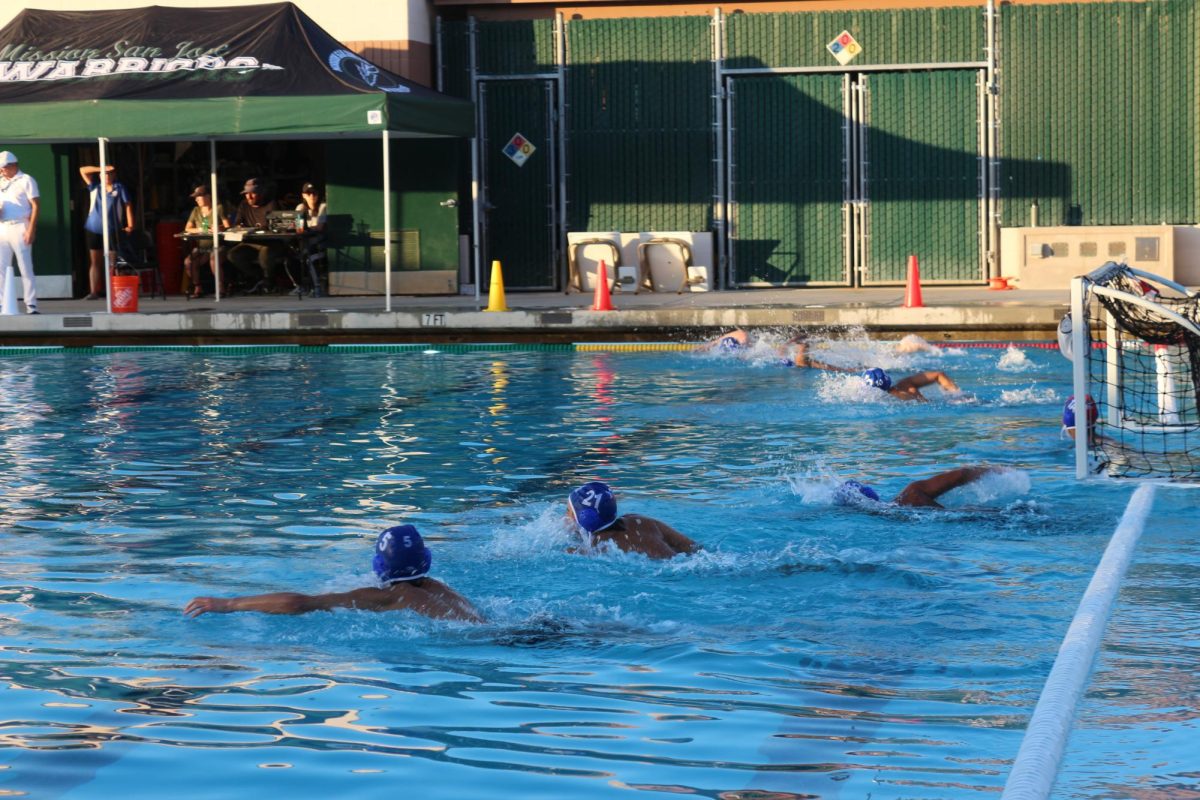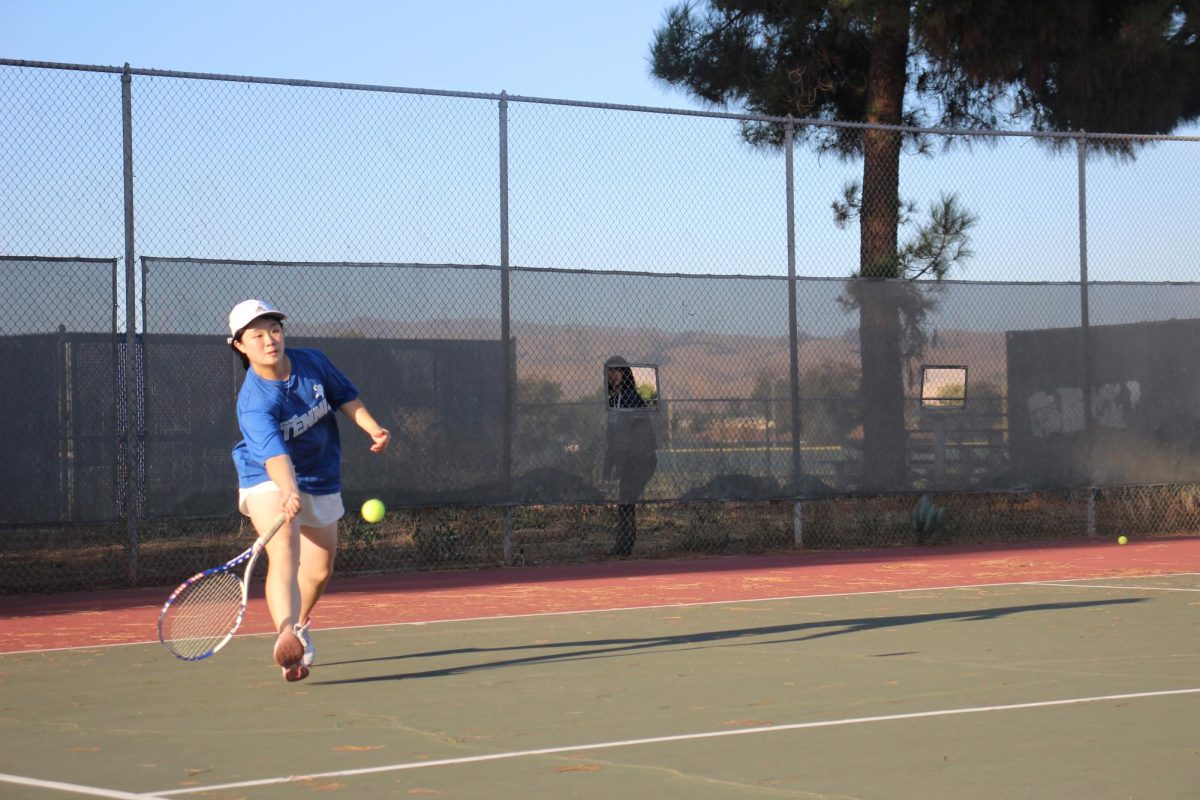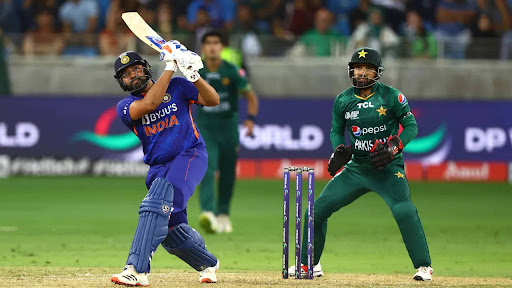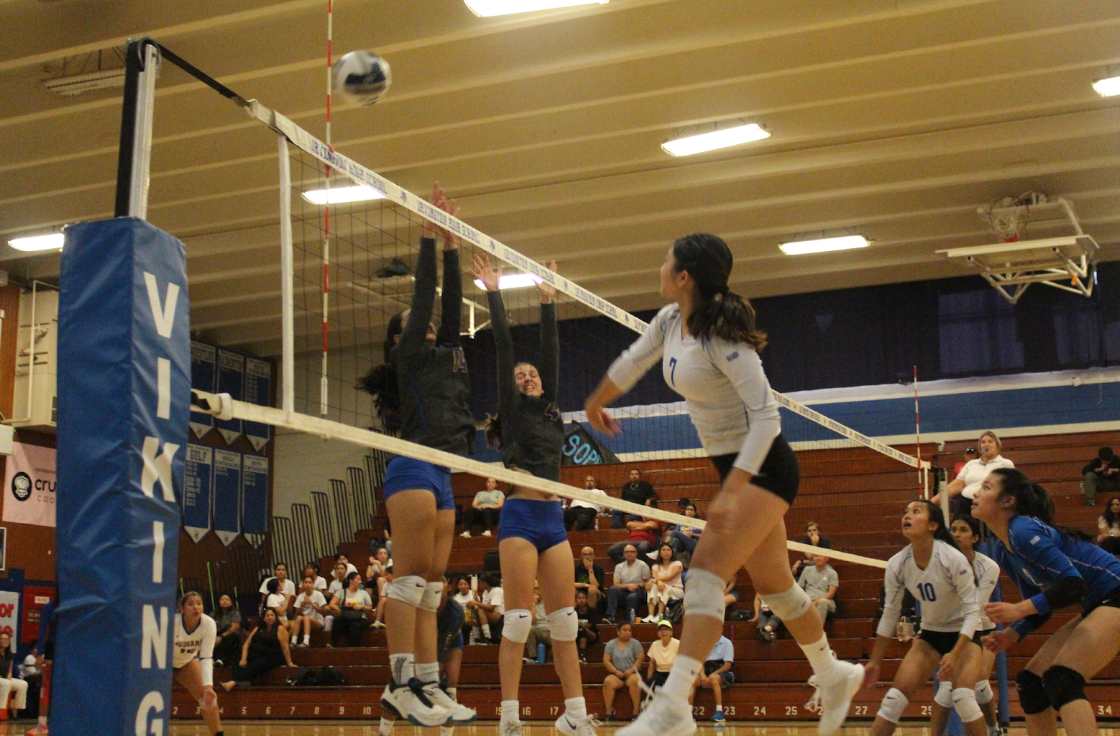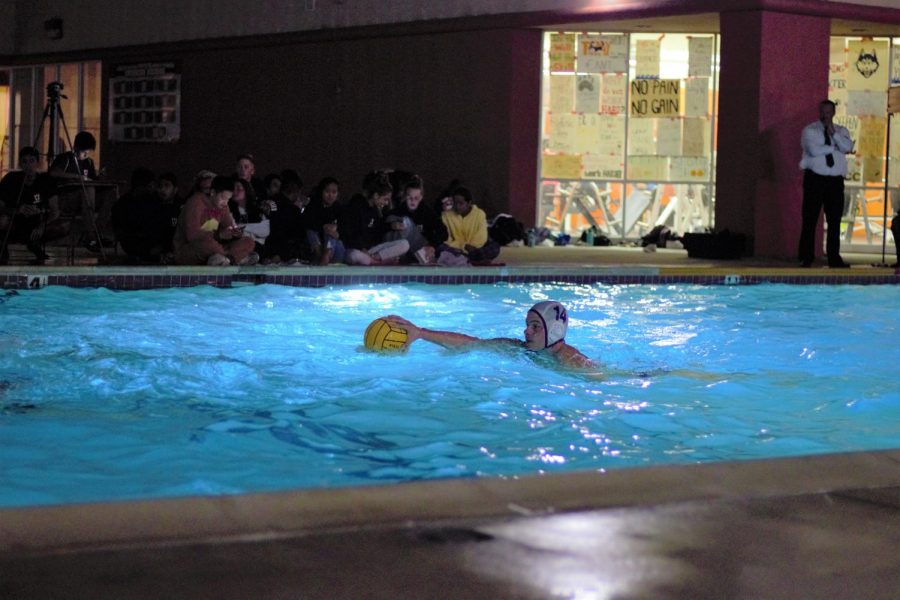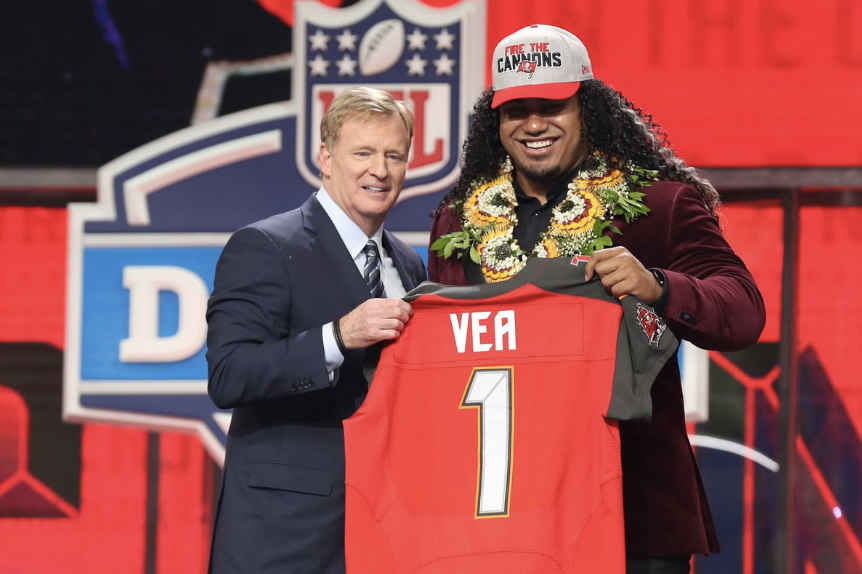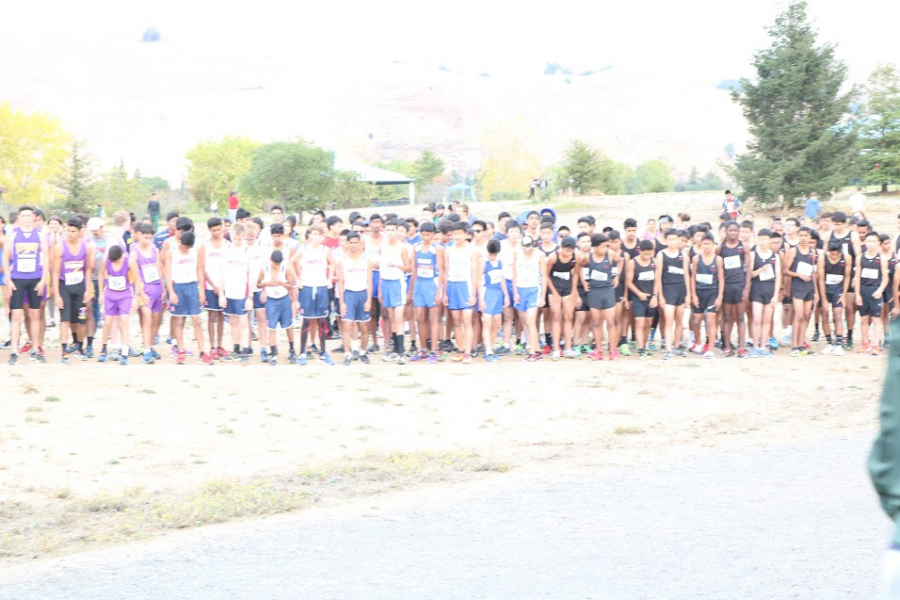Should college athletes be paid for playing sports through the college?
By Rashi Saxena | A&E Editor
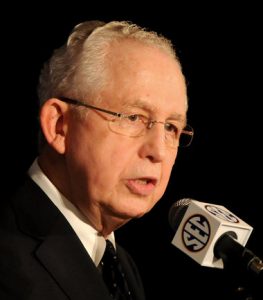
Photo: www.al.com
Championship titles, free college tuition because of scholarships and tickets to the professional routes with multi-million dollar contracts are just a few of the quirks amateur athletes enjoy. In turn, high profile Division I athletics provide colleges with millions of dollars in revenue. While colleges and universities earn money off of their athletes, athletes should not receive extra payment because of the numerous other benefits they are entitled too as college players.
To attract their attention, athletes receive numerous scholarships from colleges and universities to ensure that players attend and join their teams. According to Penn State University’s website, athletes can receive up to $39,980 in scholarship money per year, covering their tuition, room and board, and books. With full tuition as well as the other advantages, paying college athletes would be futile.
“If athletes were paid for the use of their name, image and likeness, the schools that were able to pay the most money would get the best athletes,” Conference USA Commissioner Britton Banowsky testified. “This would give those schools a significant (and unfair) advantage in recruiting and would reduce the competitive balance across schools both within my conference and across other conferences.” By paying athletes, only schools with the most funds would get the players, leading to a whole new set of problems in which games would not be fairly balanced.
Proponents of this issue argue that paying college athletes would pay them back for all the revenue the college makes. Athletes devote much of their time to playing a particular sport because of extensive practices and having to travel for games. In addition, games are nationally broadcasted on television and tickets are sold to thousands of fans. Colleges and universities sell jerseys and athletic apparel using the numbers of star players. The money earned goes to the university only. However, while the colleges make money through these athletics, the athletes already receive prime benefits of being on amateur sports teams. Payment would create an environment similar to professional sports games which would detract from the essence of amateur sports.
President Mary Sue Coleman, University of Michigan’s president, argued that “amateurism is fundamental to athletics at Michigan and sports competition throughout the nation” because it allows athletes to take advantage of a college experience along with a sports experience.
Sports such as golf and swimming also give scholarships to college athletes. However, while these athletes dedicate much time as well, they do not bring in half as much the revenue such as men’s basketball or football athletes, especially at Division I schools. It would be unfair to pay just athletes from these two sports when all the athletes are working as hard.


